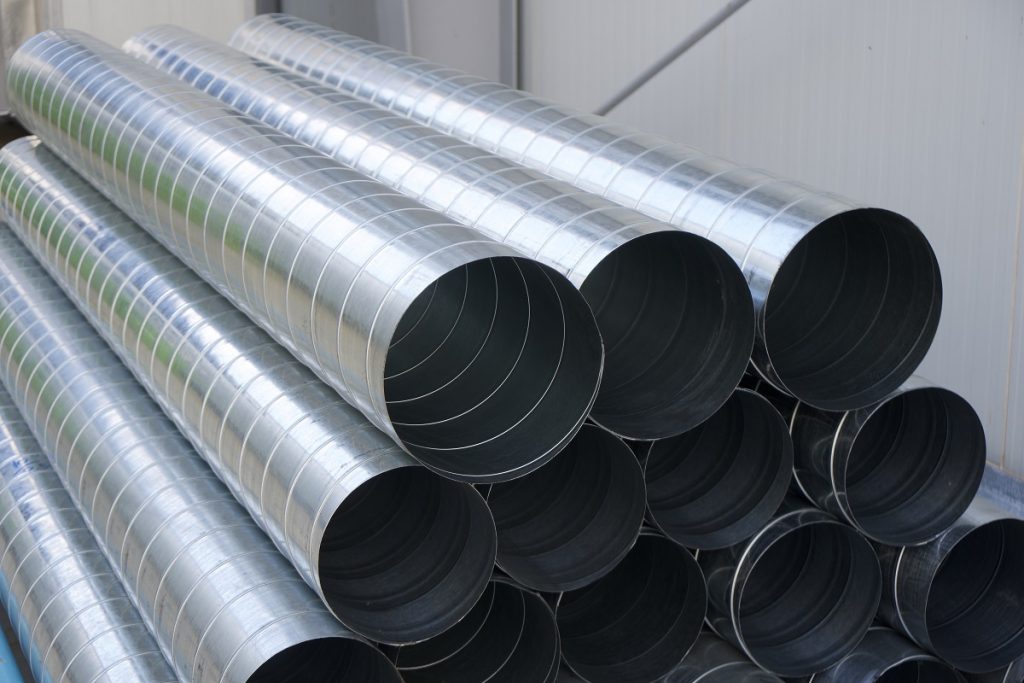What are some tips to maintain your HVAC system?
- Swap out your filter
- Inspect for leaks
- Clear the vents
- Clean the surrounding area
The term HVAC is an acronym for heating, ventilation, and air conditioning, although it can also be referred to as HVAC-R for a system that involves a refrigerant function. HVAC equipment is important in keeping your home well insulated and properly ventilated for comfort. Knowing this, it’s crucial that you know the tips to maintain your HVAC system so that your home or building space can have good indoor air quality and efficient cooling and heating.
Simply put, the HVAC system efficiently exchanges outdoor air and lowers or increases its temperature. The air is able to enter indoors by passing through the numerous ducts and vents after they’ve been filtered and cleaned.
The maintenance procedures across various HVAC systems may differ but they generally require you to ensure the filter is clean, there are no leakages, the vents aren’t obstructed, and the surroundings are kept tidy. Read on to learn more.
Swap Out Your Filter
The filter has two main functions in any HVAC system. For one, they’re responsible for trapping dirt and debris from the air so that they don’t get inside and cause damage to the system. Second, the filters are able to clean the surrounding air and produce near dust-free air for better breathability by a building’s inhabitants.
Due to their function, the filter may gather up too much dust over time. Not only can this make the system more inefficient, but it may also cause odors indoors due to dirty filtration components.
Even if the HVAC is not constantly in use, make it a point to clean or swap out the now-dirty filters for new ones. This is to allow the system to provide clean indoor air better without overheating the other components.
Inspect for Leaks
For cooling systems, leaks can be caused by a number of factors that involve other components like the condenser unit and the coils. One tell-tale sign, however, is if your unit isn’t producing cool air efficiently. If you notice that it takes a much longer time for the entire room to cool than in the past, then this is one good chance the unit’s refrigerant is leaking.
Whether you have a cooling or a heating system, inspecting for leaks should be one of your key priorities. With longer cooling time, this means that it’s also using up much more electricity. If you don’t address the problem immediately, you can expect your utility bills to skyrocket over time.
Sometimes, the leak may be small and difficult to spot, but you can take a number of measures. First, you can pour a small amount of a fluorescent or reactive dye into the system. You can easily spot any areas where the leak might be present.
Another method you can do is to check if there’s any dark-brownish fluid around the unit. As this is a sign of the oil leak, make sure you’re wearing gloves or any protective gear before handling it.
Clear The Vents
Aside from lowering humidity levels inside a room, the purpose of the vent is to also siphon odorous air, especially when it’s installed alongside an air conditioning unit. Although the vent and the filter are two altogether different components, they both should be regularly cleaned and free from any obstruction that can hamper the functioning.
To do this, remove any debris that may have lodged in the grills of the vent. It’s advisable that this is done on a quarterly or even a monthly basis so that the vents are able to conduct airflow exchange without a loss in quality.
You can have a professional clean up your vents, but if you can also do it yourself by first turning off the system. Using a screwdriver, remove the screws that attach the grills to the entire unit. Vacuum the vents or the pumps, ensuring that the hose fits and reaches the deeper areas in the unit. Wash off any grime sticking to the grill covering under running warm water and with mild soap.
Clean The Surrounding Area
Outside of the unit, there are also a few key things that you can do to clean and maintain the HVAC system. If the unit is placed in an open-air location where there are no other objects or elements that can block it, then you can skip this step altogether. This is not the case, however, when the unit is placed in an area where shrubbery and foliage are present.
Make it a habit to clean the surrounding area where the outdoor unit of your HVAC system is stored. This is primarily done to once again, prevent any growth that can block the path of the air exchange in the condenser component. Provide at least a minimum open area of 2 meters between each face of the unit and the surroundings for better measure.
Key Takeaway
This guide can give you a good stepping point on maintaining your HVAC unit. Here, you were introduced to a number of tips to maintain your HVAC system such as cleaning the surroundings, making sure the vents are unobstructed, changing the filters, and inspecting for leaks.
For best results, you’d want to conduct all of these maintenance procedures in combination with one another. This way you can truly cover all bases when it comes to any kind of HVAC equipment that you have in your building.
